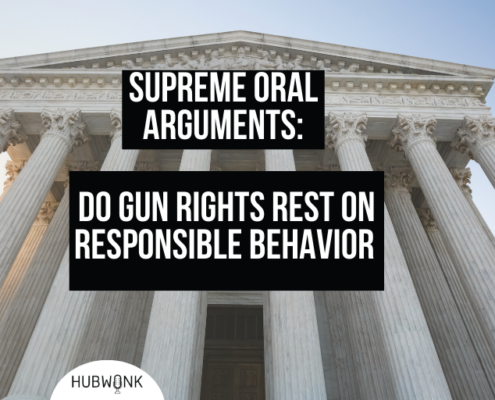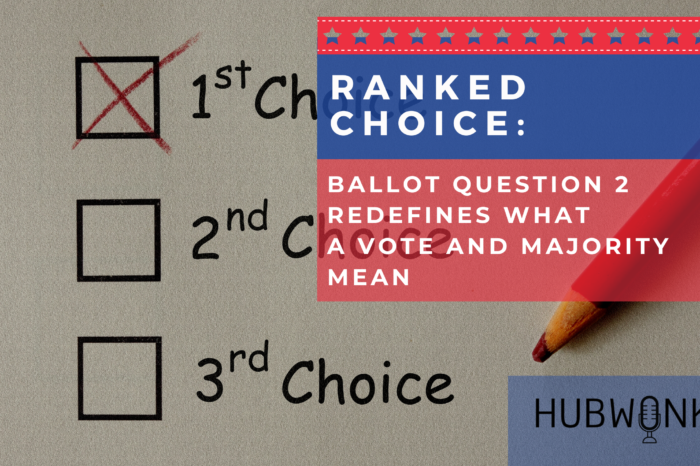Ranked Choice: Ballot Question 2 Redefines What a Vote and Majority Mean
/0 Comments/in Featured, Podcast Hubwonk /by Editorial StaffJoin host Joe Selvaggi as he discusses Ranked Choice Voting with former Federal Election Commissioner Lee Goodman. As a recognized national expert in election administration, Commissioner Goodman offers a deep dive on the contours of ranked choice voting, including the benefits and challenges moving to the new system would offer Massachusetts voters.
Guest:
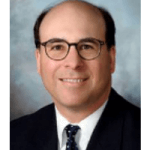 Lee Goodman served as Chairman and Commissioner of the Federal Election Commission (FEC), where he successfully led the rulemaking to conform the agency’s regulations to the Supreme Court’s Citizens United and McCutcheon decisions and championed free speech on the Internet and free press rights. He previously had served as legal counsel and policy advisor to the Governor of Virginia and Attorney General of Virginia, and associate general counsel of the University of Virginia.
Lee Goodman served as Chairman and Commissioner of the Federal Election Commission (FEC), where he successfully led the rulemaking to conform the agency’s regulations to the Supreme Court’s Citizens United and McCutcheon decisions and championed free speech on the Internet and free press rights. He previously had served as legal counsel and policy advisor to the Governor of Virginia and Attorney General of Virginia, and associate general counsel of the University of Virginia.
He has been named a “Top Campaign & Elections Lawyer” by Washingtonian magazine. He has authored numerous articles on election law and a chapter on regulation of political speech on the Internet in Law and Election Politics: The Rules of the Game (Routledge 2013), and his writings have appeared in The Wall Street Journal, Richmond Times-Dispatch, Washington Examiner, Washington Times, Politico and other publications.
Get new episodes of Hubwonk in your inbox!
Related Posts:
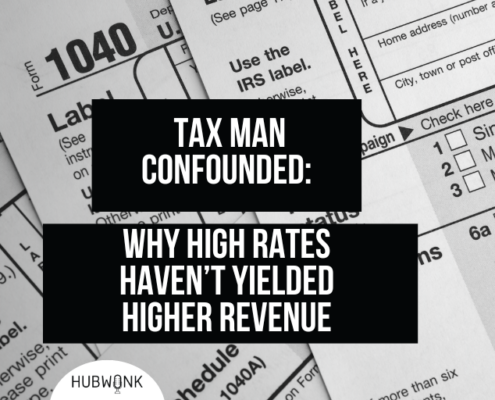
Tax Man Confounded: Why High Rates Haven’t Yielded Higher Revenue

Industrial Policy Reimaged: Can Government Improve Free Markets

Posting Patient Prices: Transparency Cure for Hospital Blank Checks

Constitutional Property Taking: Exclusionary Zoning’s Costs to Owners and Society

Poor Housing Incentives: Tax Credits Reward Politicians Not Neighbors in Need

Biden’s Budget Breakdown: Pragmatic Progress or Political Posturing

Genetic Therapy Revolution: Benefits and Barriers for Medicine’s New Horizon

Contours of Content Curation: SCOTUS Hears Online Free Speech Cases

Mortgage’s New Normal: Guide to Better Borrowing Amidst Higher Rates
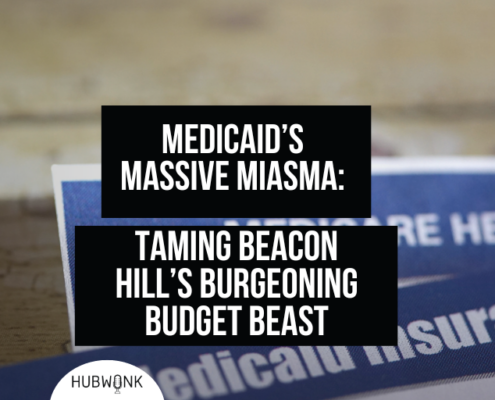
Medicaid’s Massive Miasma: Taming Beacon Hill’s Burgeoning Budget Beast
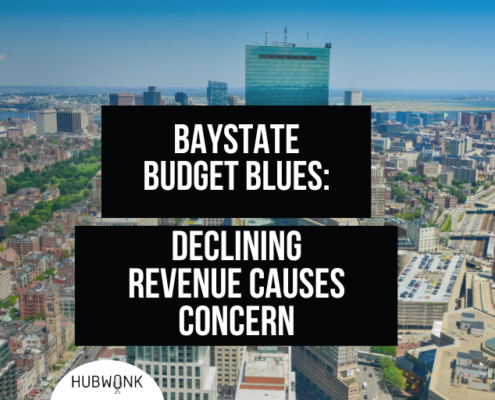
Baystate Budget Blues: Declining Revenue Causes Concern

Smothering Gas Exports: President Sides with Environmentalists Over Environment

U.S. Manufacturing Health: Does the U.S. Need an Industrial Policy?
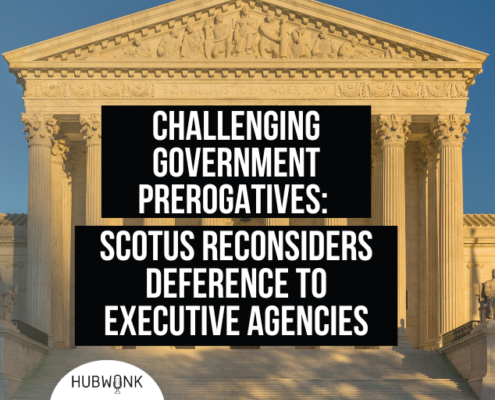
Challenging Government Prerogatives: SCOTUS Reconsiders Deference to Executive Agencies
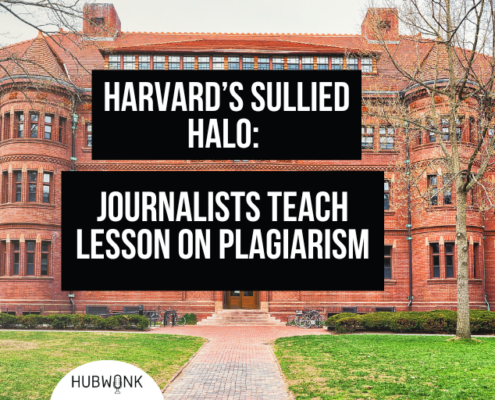
Harvard’s Sullied Halo: Journalists Teach Lesson on Plagiarism

Drug Discount Distortions: How Middlemen Increase Costs and Reduce Access

Boston’s Building Bargain: Coaxing Commercial Conversions to Condos
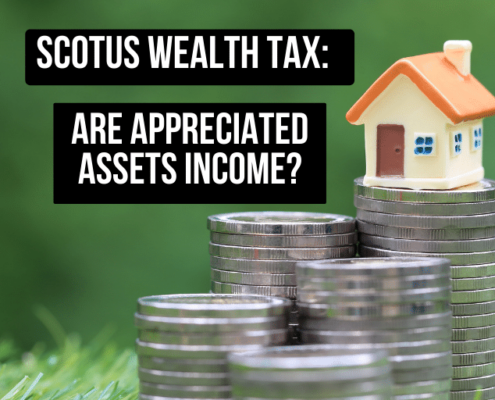
SCOTUS Wealth Tax: Are Appreciated Assets Income?

Busting Big Business: Antitrust Comes for Google and Big Sandwich
